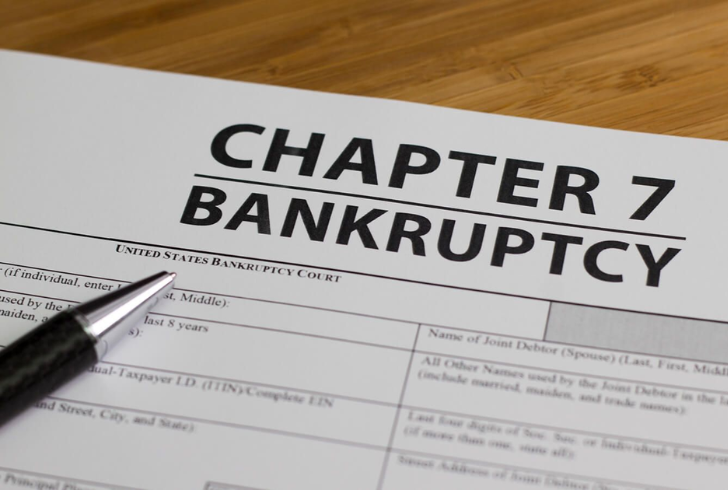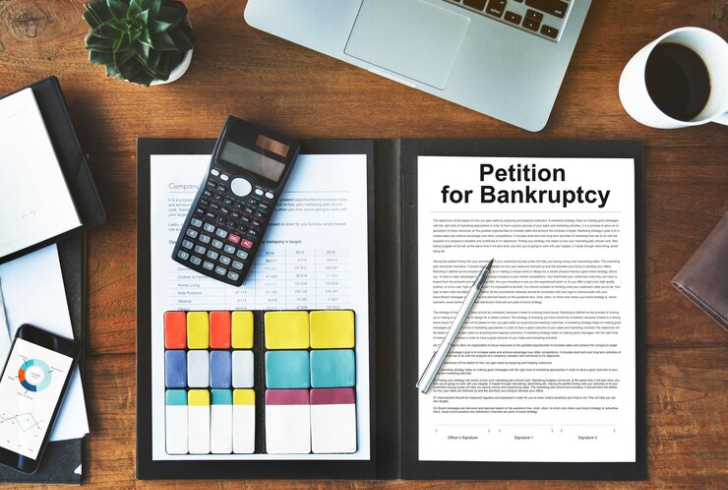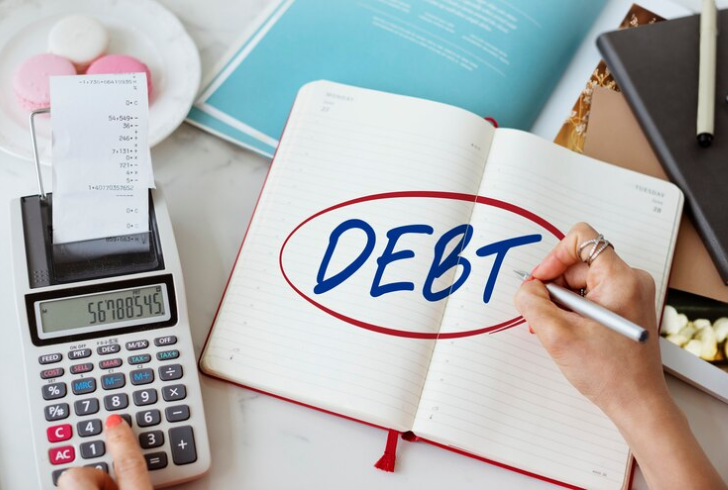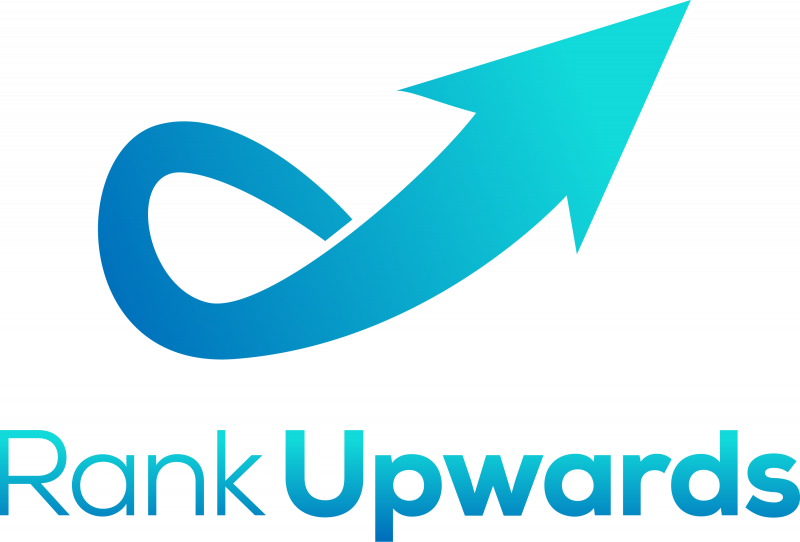Drowning in debt? Chapter 7 bankruptcy can offer a lifeline, providing much-needed relief for those struggling to stay afloat. But what if you can't afford the initial costs of filing? The good news is that there are ways to file for Chapter 7 with no money upfront. If you're wondering how to file Chapter 7 with no money, there are options available to help you navigate the process without breaking the bank.
Learn How to File Chapter 7 with No Money
Determining Eligibility

Experian | Determine Chapter 7 eligibility through a means test comparing your income to the state median.
The first step is to see if you qualify for Chapter 7. This involves a means test, which compares your income to the median income in your state. If your income falls below the median, you're likely eligible.
If it's higher, there might still be a chance to qualify based on extra factors. Consulting with a bankruptcy attorney can help you navigate this step.
Obtaining a Fee Waiver
Filing for bankruptcy incurs both court fees and attorney fees. However, you can seek relief from these expenses by applying for a fee waiver. The court evaluates your financial condition, including your income, expenses, assets, and debts, to ascertain if you qualify.
If you demonstrate an inability to cover the fees, the court might approve a waiver. Thus, the possibility of how to file Chapter 7 with no money becomes feasible through this avenue.
Gathering Financial Documents
The bankruptcy process requires detailed financial information. Pay stubs, tax returns, bank statements, and credit card statements are all crucial documents you'll need to gather. An experienced bankruptcy attorney can assist you in collecting and organizing this paperwork.
Completing Credit Counseling
Before filing, you'll need to complete a credit counseling course from an approved agency. An attorney can refer you to a qualified agency and guide you through the process. Upon completion, you'll receive a certificate that needs to be included with your bankruptcy petition.
Filing the Petition

Freepik | rawpixel.com | After gathering documents and completing credit counseling, your attorney files your bankruptcy petition.
Once all the documents are gathered and credit counseling is complete, the attorney will prepare and file your bankruptcy petition with the court. This triggers an automatic stay, halting all collection activities against you. Creditors can no longer contact you or pursue legal action while your case progresses.
Protecting Your Property with Exemptions
A major concern for many considering bankruptcy is losing their possessions. Chapter 7, but, allows you to shield certain assets using exemptions. These exemptions vary by state and set a limit on the value of property you can keep. Often, individuals can retain all their belongings through exemptions.
It's Important to Note - Exemptions don't apply to secured debts like mortgages or car loans. To keep secured property, you'll need to continue making payments on those debts. In some instances, you might be able to negotiate a reaffirmation agreement with the creditor, allowing you to keep the property by continuing payments.
Eliminating Unsecured Debt

Freepik | rawpixel.com | After Chapter 7, some debts, like taxes and student loans, stay with you.
A key benefit of Chapter 7 bankruptcy is eliminating most unsecured debt, such as credit card bills, medical expenses, and personal loans. These debts are not backed by collateral, giving you a significant financial break. By discharging this debt, you can regain control of your finances and start rebuilding credit.
Not All Debts Disappear - It's important to understand that not all debts are eliminated in Chapter 7. Certain types like taxes, student loans, and child support payments remain. Additionally, if you have secured debts, you might have to surrender the property or keep making payments to keep it.
Stopping Wage Garnishments
If you're facing wage garnishments, filing for Chapter 7 can provide immediate relief. The automatic stay halts all collection activities, including wage garnishments. This temporary reprieve from the financial strain of wage garnishments can offer some breathing room.
But, not all wage garnishments, such as those for child support or certain taxes, may be stopped by filing for Chapter 7.
Preventing Eviction or Foreclosure
Facing eviction or foreclosure? Chapter 7 bankruptcy can temporarily halt these actions, providing a window to address overdue payments. However, bankruptcy might not offer a lasting solution for all housing-related debt issues.
Despite the automatic stay delaying proceedings, landlords or lenders can seek court permission to resume eviction or foreclosure if payments aren't addressed or a repayment plan isn't negotiated.
Consulting a local bankruptcy attorney is advised to assess if Chapter 7 suits your circumstances and to explore alternative strategies for managing housing-related debt.
A Fresh Start Awaits
One of the most significant benefits of Chapter 7 bankruptcy is the opportunity for a fresh start. By eliminating your debt and allowing you to keep certain assets, Chapter 7 offers a clean slate and a chance to move forward. With the help of a bankruptcy attorney and careful financial planning, you can rebuild your credit and regain control of your finances.
Filing for Chapter 7 bankruptcy can be complex, but learning how to file Chapter 7 with no money is feasible. Obtain a fee waiver if needed, follow the steps above, and consult a bankruptcy attorney. However, weigh the long-term impact on your credit score and future borrowing ability. Consider all options before deciding if Chapter 7 is right for you.


